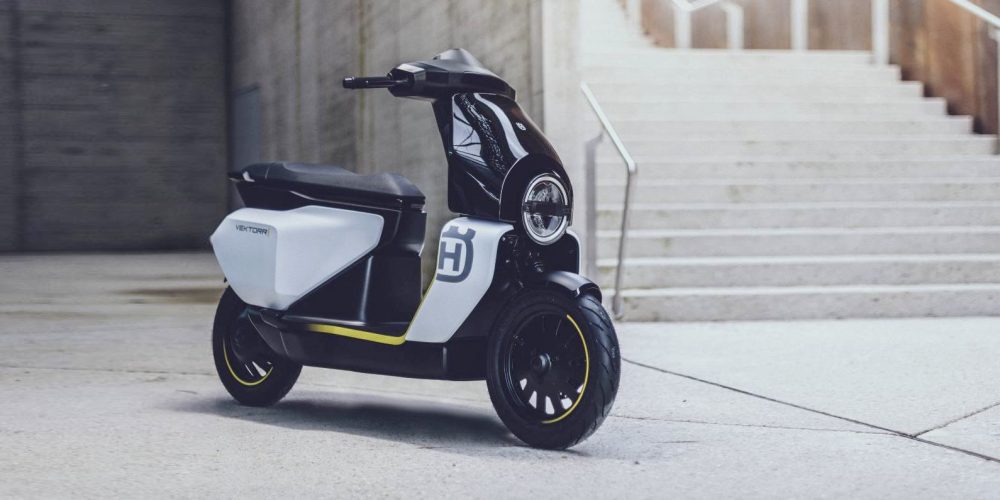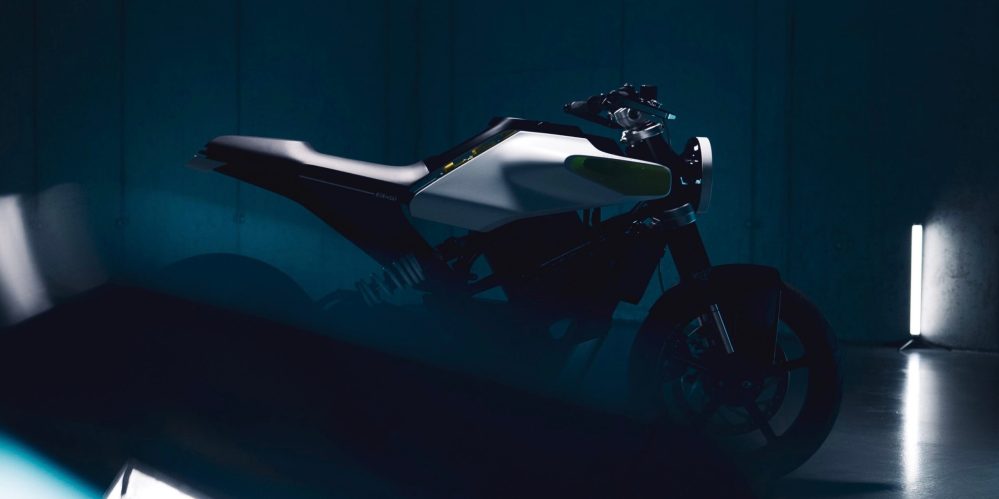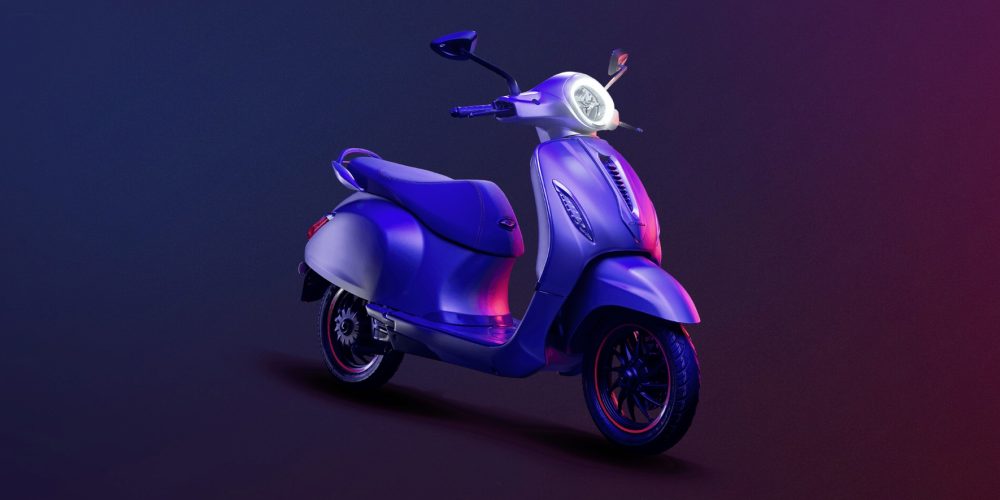
Indian two-wheeler manufacturer Bajaj commands a healthy share of the vast local scooter and motorcycle market. Now the company is building a massive new factory for the production of electric two-wheelers, and that could mean big news for Europe’s electric scooters and motorcycles as well.
Bajaj announced that its new production facility would be solely for the production of electric vehicles, and it is putting US $40 million into its production. Expected to be ready by June 2022, the new facility will span over 11 acres (approximately 50,000 square meters).
Bajaj expects that it will be able to produce around 500,000 electric scooters per year – the company has its own electric scooters such as the Chetak, but it has also partnered with Husqvarna.
The Husqvarna Vektorr electric scooter concept was reportedly developed alongside the Bajaj Chetak within the partnership framework between the two companies.

Designed for the urban market – a common move among early-stage electric motorcycle brands – the Husqvarna Vektorr sports fairly low speed and range figures.
The top speed of 45 km/h (28 mph) keeps it legal as a moped-class vehicle in much of the world, meaning most riders won’t need any special motorcycle license to use it. The low speed also helps boost the range to 95 km (59 miles).
There’s no word on power yet, but it is unlikely that the concept is hiding anything larger than a 2-3 kW motor. That’s the typical power level found in other electric scooters with similar performance levels.
The Vektorr may not be the only electric Husky potentially destined for production at Bajaj’s new facility, as the Husqvarna E-Pilen electric motorcycle could share similar components and production facilities.

Unveiled earlier this year, the E-Pilen concept is another urban-centric electric two-wheeler design –underscoring the urban use case of the bike is the somewhat limited 100 km (62 miles) range. With swappable batteries, though, riders could theoretically replace the empty batteries with charged-up spares to continue on their way.
Below the batteries sits the E-Pilen’s chain-driving motor. Rated at 8 kW (10.7 hp), it’s not a gigantic powerhouse. But again, the bike isn’t meant for setting speed records; it’s designed for urban riders looking to zip their way through the city.
There’s no word yet on the top speed of the bike, but somewhere in the 100-120 km/h (62-75 mph) ballpark is probably a reasonable guess based on the size of the motor.
This type of partnership between European and Indian motorcycle brands is becoming increasingly common. BMW is also reportedly working on lowering the cost of its electric motorcycles through a partnership with the Indian company TVS.
The booming Indian electric motorcycle and scooter industry presents an enticing partnership target; two-wheelers make up a dominant share of the transportation sector in India. Established companies and startups alike have thus developed impressive production capabilities.
Indian company Hero is the largest motorcycle manufacturer in the world, while Ola Electric’s FutureFactory expects to be able to produce over 2 million electric scooters per year.

via: RideApart
Subscribe to Electrek on YouTube for exclusive videos and subscribe to the podcast.
Author: Micah Toll
Source: Electrek



